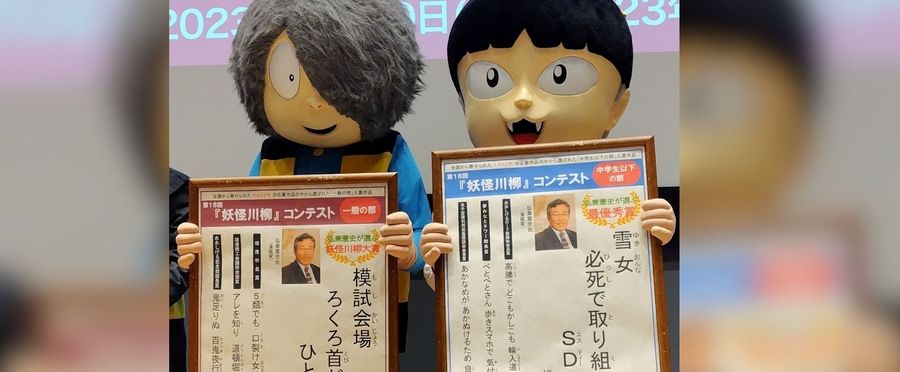As artificial intelligence (AI) continues to advance, it is becoming increasingly difficult to distinguish compositions by AI from those of human authors. Case in point: a traditional haiku competition in Japan is considering its termination due to the growing challenge of telling AI-created submissions apart from handwritten ones. Despite a lack of details on the timeline or specifics of the issue, the news has stirred up significant conversation on the impacts of AI on traditional art forms.
Haiku, a form of traditional Japanese poetry, holds a special place in the Japanese culture. The potential dissolution of this competition signals a major cultural shift in Japan where traditions are deeply valued. In an age where AI's role in society continues to expand, Japanese people are grappling with the integration of technology into their long-held cultural heritage.
In the U.S. or EU, there have been similar instances of AI blurring lines in artistic fields, such as in music, literature, and painting. The responses differ, from welcoming this novel approach to artistic creation, to concerns over AI's expanding role and potential threats to cultural and individual creativity.

